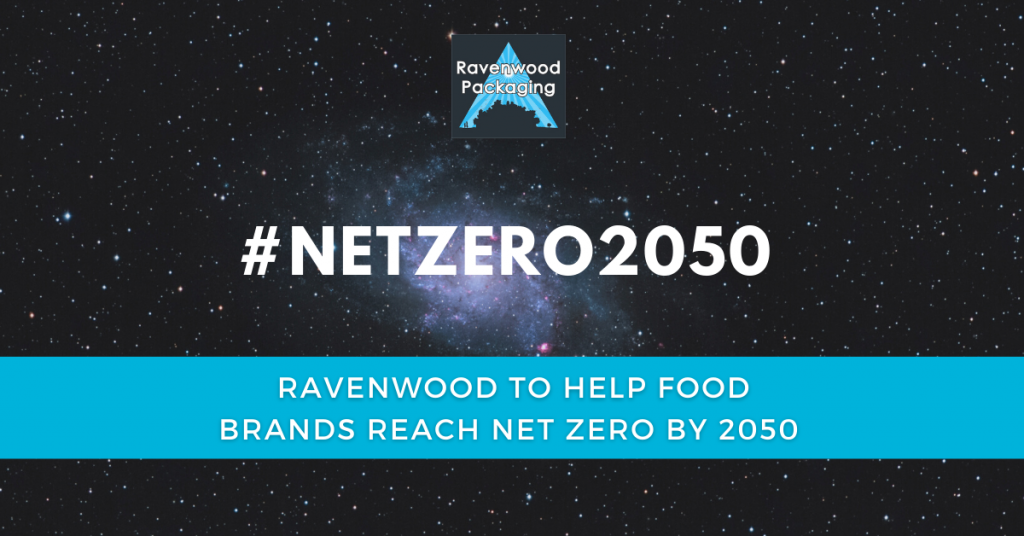Have you begun to think about your journey for reaching net zero by 2050?
Momentum is gradually starting to build as organisations begin to take steps in planning their net zero journey. Having vision for your organisation is a crucial first step but there are bound to be twists and turns encountered along the way. Hence, it will not be a smooth journey.
What is Net Zero?
We reach net zero when the amount of carbon dioxide we add to the atmosphere equals no more than the amount we take away. It is a state of equilibrium and balance. Reaching net zero will assist in stabilising the climate and furthermore, counteract the detrimental effects that are associated with the warming of the earth.
Why do we need to reach net zero?
The next decade will be a telling time. Therefore, how we act and what we do will have a major impact on the planet and subsequently, how we live. Careful consideration will need to be given to every business decision and action for implementing plans in reaching the greater good. So, the sooner we embark, the better.
Why is CO2 so damaging to our planet?
Human behaviour is producing elevated levels of CO2. Activities such as animal agriculture, burning of fossil fuels, transportation, deforestation, food waste and general landfill. These practices are causing the earth to heat up. It is referred to as the Greenhouse effect and this ‘effect’ is causing our climate to change. If we do not act, certain areas of the planet will become uninhabitable. Most importantly, is the urgency to ensure that the temperature of the earth does not rise further. Two degrees of further warming could have irreversible effects.
Let’s look at one major contributory factor – food waste
Food waste is a massive problem. Each year, we waste 1.3 gigatons of edible food and this releases 3.3 gigatons of CO2 equivalent (without taking into account land use change). This means that 1kg of food waste equals to 2.5 kg of CO2 equivalent (or 2.53846 kg to be more exact). This includes foods such as vegetables, fruit, dairy, meat, seafood, and grains. Some foods never leave their place of production, get spoiled along the supply chain journey, go past their use-by date or just not eaten at the dinner table.
Wasted food is an environmental concern. Food production requires energy. This energy is required to grow, harvest, transport, label, and pack edible goods – all of which drive up CO2. When food gets buried into landfill, it rots and subsequently produces methane. Cow farts also produce this gas which is why we are being encouraged to cut down on our meat consumption, and adopt a more plant-based lifestyle. Greenhouse gas emissions could be greatly reduced if we simply stopped wasting food. In the UK alone, more than 900 million tonnes of food is thrown away every year.
How can Ravenwood help food brands drive down CO2 and reduce food waste
If you are a food producer, Ravenwood’s linerless labelling technology and vision pack inspection software could help assist in reaching net zero by 2050.
Ravenwood is not your average food label machinery manufacturer. The labelling and packaging specialist is a world leader in linerless label technology and experts in the field of pack inspection. Ravenwood assists in the elimination of waste – toxic label liner being buried into the earth and food waste. Its technologies are adopted by all major supermarkets and many of the world’s most prominent food brands.
- Switching to linerless label technology and associated machinery
The main USP of linerless labels is that there is no label liner. This means zero waste to landfill. Read our news article on the ‘Circle of Linerless’ – Ravenwood’s tried and tested formula for producing faultless linerless labels whilst reducing CO2.
- Investing in a VXR / Vision Pack Inspection System will reduce food waste
So in addition to linerless, Ravenwood can also offer 100% error-free labelling and assist in avoiding costly and damaging food product recalls, resulting in wasted food. The VXR / Vision Pack Inspection System will fully safeguard your brand and that of your consumers. Read our news article on VXR / Vision.
To find out more, contact Marketing on +44(0)1284 749144 or why not SIGN UP TO RECEIVE NEWS!

